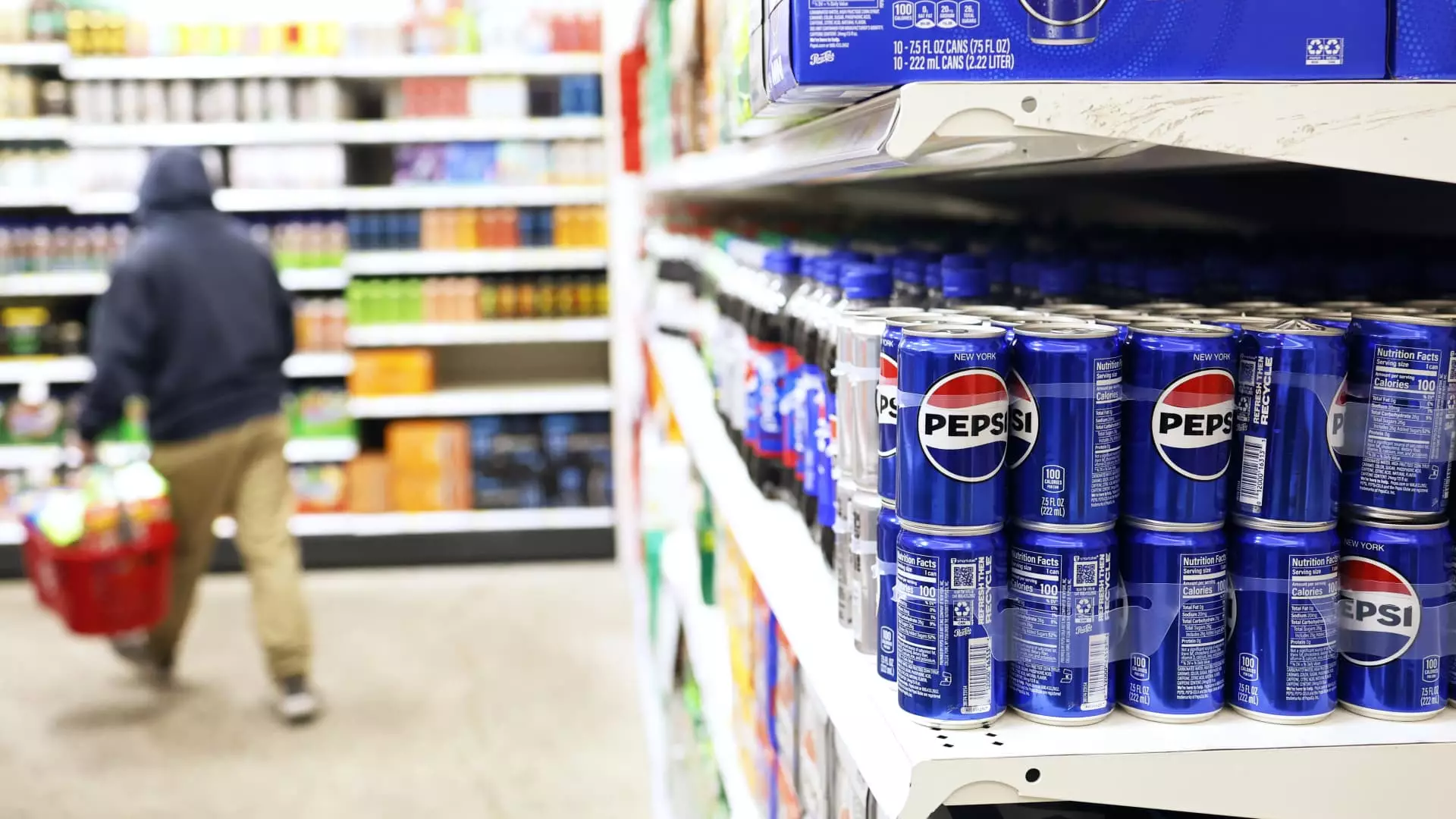In a significant development that has caught the attention of the business community and consumers alike, the Federal Trade Commission (FTC) has filed a lawsuit against PepsiCo, accusing the multinational food and beverage corporation of illegal price discrimination. The allegations stem from PepsiCo’s dealings with a prominent retailer—widely speculated to be Walmart—suggesting that the company provided this retailer with more favorable pricing, promotional allowances, and advertising tools compared to its competitors.
The FTC’s action marks a resurgence of scrutiny under the Robinson-Patman Act, legislation enacted in 1936 to prevent unfair pricing practices that could harm competition. This law specifically prohibits sellers from offering different prices for the same products to competing retailers, aiming to create a level playing field in the marketplace. The accusation that PepsiCo has transgressed this act speaks volumes about how regulatory agencies are recalibrating their enforcement strategies to curb anti-competitive practices.
The Allegations and PepsiCo’s Response
According to the FTC’s claims, PepsiCo provided Walmart with promotional payments and support that competitors did not receive, potentially distorting market dynamics and creating an unfair advantage. PepsiCo’s response has been assertive, categorically denying the allegations and proclaiming that their practices adhere to industry standards. The company stated it operates on a basis that supports mutual business growth without favoring particular customers over others.
While Walmart has remained reticent, not releasing an immediate public comment on the suit, the implications of this legal battle are far-reaching. The FTC is not only seeking to expose the alleged reality behind PepsiCo’s pricing strategies but is also calling attention to the broader implications of such practices on market competition and consumer choice.
The timing of this litigation is particularly noteworthy, occurring just before a significant leadership change within the FTC. The Biden administration’s recent pattern of enforcing regulations against perceived corporate misconduct might indicate a renewed vigor in regulatory practices, especially concerning anti-competitive behaviors. The revival of the Robinson-Patman Act’s enforcement highlights a shift from the deregulation era of the 1980s, during which such laws were largely ignored.
As seen in prior cases, like that against Southern Glazer’s, the FTC’s renewed focus on traditional regulatory frameworks signifies an aggressive stance against companies that allegedly utilize their market power to disadvantage competitors. This string of actions reflects the administration’s commitment to maintaining competitive markets, ensuring that power is not concentrated in a few large entities at the expense of smaller players.
As the legal proceedings develop, the implications for PepsiCo and the industry at large are manifold. Several questions arise regarding how such a lawsuit may reshape relations between major corporations and their retail partners. The outcome of the FTC’s case could potentially recalibrate the competitive landscape across various sectors, not just within beverages but also extending to other consumer goods.
With regulatory scrutiny likely to intensify, companies will need to carefully assess their pricing strategies and promotional practices. The confluence of technology, competitive pressures, and regulatory oversight makes this an essential moment for industries reliant on mass retailers. As the legal battle unfolds and layers of the complaint are unsealed, observers will be keenly watching how it shapes future business practices, compliance frameworks, and perhaps most importantly, the fundamental principles of competition within the marketplace.

